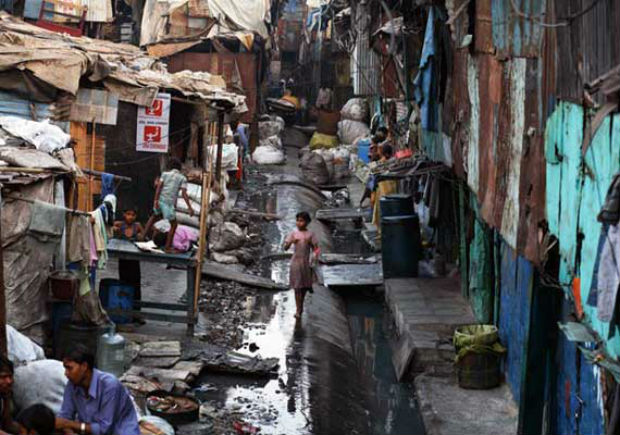Government of India had launched Swachh Bharat Mission (SBM) – Urban on 2 October 2014 to accelerate the universal sanitation coverage in Indian cities. One of the objectives of the Mission was to ‘elimination of open defecation’. Under Swachh Bharat Mission (SBM) – Urban, toilet facilities have been created at a massive scale across the country. Till October, 2019, a total of 60,96,135 Individual Household Latrines (IHHLs) and 5,61,298 Community and Public Toilets (CTs/PTs) have been completed. In all over India, a total of 3,992 towns have been declared Open Defecation Free (ODF). In Rajasthan 90.10% (173) cities, in Uttar Pradesh 97.60% (650) cities and in Bihar 82.79% (101) cities have been declared as ODF.
The SBM-U also provided a significant impetus to collection, segregation, transportation and processing of Solid Waste Management (SWM). Since 2014, a total of 80,100 Municipal Wards (94.77% of all the Municipal Wards) have adopted 100% door to door collection solid waste. Of these, a total of 60,833 Municipal Wards now practice 100% segregation of solid waste. The Government of India has also introduced a Garbage Free City (GFC) star rating system to encourage the cities to strive for improving the SWM services.
Over the last six years, Indian cities with the support from the central and state governments on one hand and the community based organisations, civil society, academic and research institutions, media and other stakeholders on the other hand, have made significant improvement insanitation services including access to toilets, scientific treatment of solid and liquid waste management, and involving citizens in the operation chain of sanitation services. However, the biggest challenge here is the sustainability of the positive gains from this massive programme. The sustainability of the enhanced urban sanitation services will be contingent upon sustained citizen participation and behaviour changes along with enhanced capacities of ULBs and the city-level institutional ecosystem.
This sets thecontext for a National Conference on “Future of Urban Sanitation in India” that will be organized on Feb 27-28, 2020 in New Delhi by Participatory Research in Asia (PRIA), a global centre for participatory research and training. This consultation forum is an effort to identify solutions to the challenges of sustainable, inclusive and participatory management of urban sanitation services in the next decade.
According to Dr. Rajesh Tandon, Founder-President, Participatory Research in Asia (PRIA), “Indian policy-makers and development professionals have begun to recognise the growing opportunities from increasing urbanisation. However, it is only in the past six years that significant policy and programming push to urban development has begun to reach to small and medium towns of the country. Effective and accountable sanitation services, including access to and use of toilets, are critical for health of a city. Emerging lessons around inclusion and participation of all stake-holders for effective sanitation need to be shared so that new India can emerge in its many urban centres soon.”
Importantly, Society for Participatory Research in Asia (PRIA) has been implementing “Engaged Citizens Responsive City (ECRC)” project in Ajmer, Rajasthan; Jhansi, Uttar Pradesh; and Muzaffarpur, Bihar with the support from the European Union. The objective of the project is to enhance the participation of urban poor in planning, implementation and monitoring of urban sanitation services. Over the last four years, ECRC project has fostered numerous innovative practices to engage citizens with a particular focus on the urban poor in bottom-up participatory planning based on authentic data generated by the communities.
The National Conference will be inaugurated by Hardeep Singh Puri, Minister for State, Ministry of Housing and Urban Affairs (MoHUA), Government of India. A special objective of the National Conference is developing consensus on a framework, methodology, and mechanism for localising Sustainable Development Goals (SDGs) in Indian cities with a particular focus on SDG 11. It will also showcase scalable innovative solutions from across the country to address the challenges of inclusive urban sanitation services and creating a learning and knowledge platform by bringing together policy makers, researchers, experts, and practitioners on inclusive urban sanitation services.

